There are several natural approaches you can try at home to ease a dry, itchy scalp, such as rinsing with apple cider vinegar or applying oils and other hydrating ingredients.
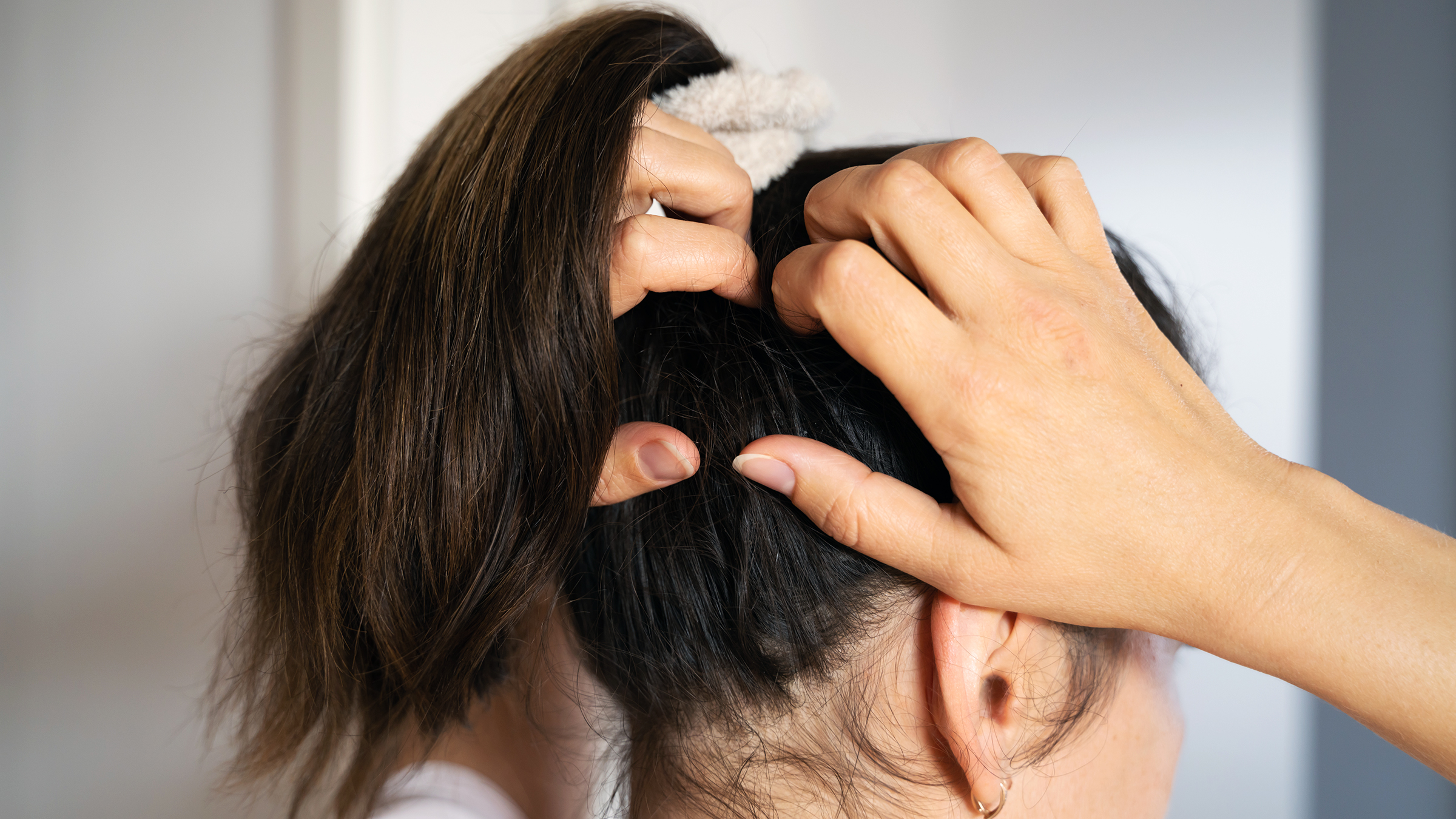
The most obvious symptom of a dry scalp is ongoing itchiness, though you might also notice dandruff, tenderness, and even hair thinning.
Dry scalp can stem from a variety of factors, with the most frequent being a reaction to changing weather or harsh components in hair care products.
At times, simple habits like washing your hair daily or not drinking enough fluids may be the culprit, while medical conditions such as eczema or psoriasis can also be responsible.
No matter the origin, we’ve compiled some at-home remedies you can try to help manage a dry scalp.
How can I get rid of dry scalp quickly?
The right treatment and the time it takes to work depend on the underlying cause of the dry scalp. Below are potential remedies according to conditions that commonly cause it:
Dermatitis
Atopic dermatitis, commonly called eczema, is managed by keeping the scalp well moisturized, along with the following options:
- salicylic acid
- dandruff shampoos
- prescription treatments such as corticosteroids, antihistamines, emollients, and biologics
Contact dermatitis, another potential source of dry scalp, is addressed in a similar way to eczema.
Scalp psoriasis
Psoriasis on the scalp can create dryness due to buildup of skin cells from this chronic condition.
Besides corticosteroids, salicylic acid, and medicated shampoos, your clinician might recommend:
- Calcipotriene (Sorilux, Dovonex)
- Tazarotene (Tazorac)
- Coal tar
- phototherapy
- biologic drugs
Dandruff
Different forms of dandruff can produce a dry scalp. Often you can alleviate it by using a dandruff shampoo, available over the counter or via prescription if medicated.
Shampoos vary in instructions and how long they should stay on the scalp, so follow the product directions carefully. Common OTC active ingredients include ketoconazole and pyrithione zinc.
Depending on your hair type, you may need to wash more or less frequently. Consulting a dermatologist can help determine the best approach for you.
A recent study explored an ointment combining probiotics, honey, turmeric, and vitamin B12 based on the idea that skin issues might be linked to gut microbiome disruption. The investigators reported that the ointment helped reduce both dandruff and scalp dryness.
Other causes
Beyond these common medical causes, scalp dryness can arise from dehydration or exposure to cold air, hot showers, indoor heating, and harsh cleaning chemicals.
The treatment for these will vary with how severe the dryness is. If it interferes significantly with daily life, or you have more severe signs like burning, see a healthcare provider.
Less often, your dry scalp might be due to:
- Tinea capitis (scalp ringworm), which needs antifungal therapy
- Actinic keratoses (AKs), which may require removal
How can you treat dry scalp naturally?
The following natural remedies may provide relief if you’re dealing with a dry scalp:
- Coconut oil: This oil offers numerous skin benefits. It can hydrate the scalp, and its antifungal and antibacterial traits may lower infection risk. Research indicates it can meaningfully help with atopic dermatitis.
- Tea tree oil: Known for antiseptic, antifungal, and antibacterial actions, tea tree oil can ease dry scalp symptoms and is often an ingredient in dandruff shampoos. For more on using this oil for scalp health, see tea tree oil for hair.
- Aloe vera: Aloe has several properties beneficial for a dry scalp. It’s anti-inflammatory and acts as an effective moisturizer to reduce irritation.
- Apple cider vinegar: With antimicrobial activity, it may eliminate bacteria or fungi that cause itching. It also has anti-inflammatory effects and helps exfoliate the scalp.
- Witch hazel: Common in anti-itch formulations for dry, sensitive skin and long used in herbal practice, witch hazel can reduce inflammation that contributes to dry scalp and has astringent effects that may calm symptoms.
- Baking soda and olive oil: Olive oil hydrates while baking soda has antifungal and antibacterial qualities. Together they can be useful if you have dandruff along with dryness, combining moisturization, exfoliation, and antifungal action to address flakes.
- Bananas: Mashed bananas are very moisturizing, making them a good option for treating dry scalp and dandruff.
- Yogurt and eggs: Yogurt soothes and can exfoliate, while the fats and proteins in eggs nourish and protect the scalp by helping prevent cellular free radical damage.
- Jojoba oil: A fast-acting moisturizer that can relieve dry scalp and has anti-inflammatory properties that may benefit scalp conditions.
- Avocado: Rich in monounsaturated and polyunsaturated fatty acids, avocado can moisturize and protect skin. Beyond eating it, applying avocado or avocado oil topically can soothe a dry scalp.
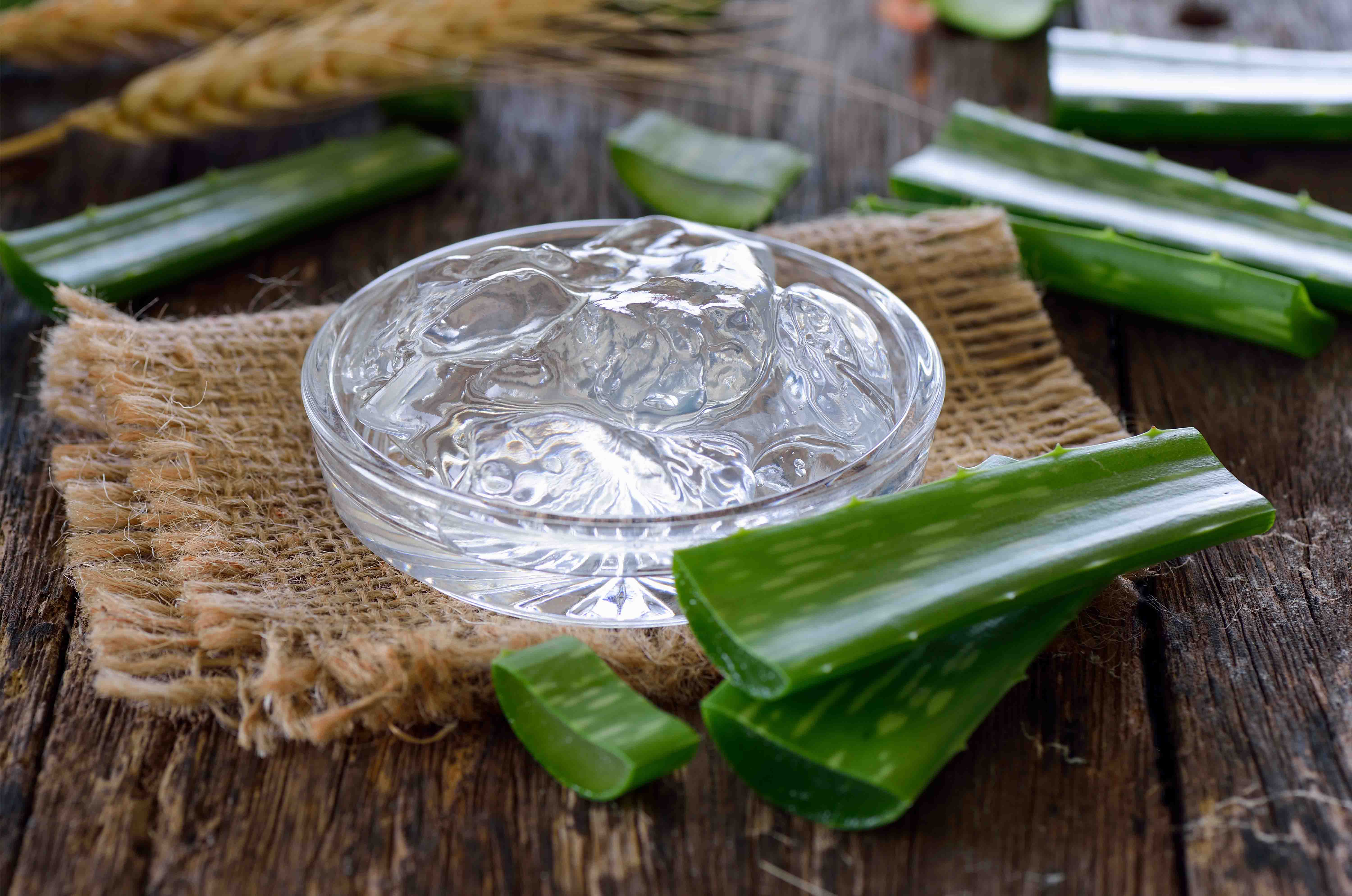
Risks and side effects
Using these home remedies for dry scalp is generally safe and low-risk.
If you plan to use an essential oil like tea tree oil, dilute it with a carrier such as coconut or olive oil, then massage into the scalp. Leave on for about 10 minutes before rinsing. Carrier oils like coconut or olive can add additional benefits.
Always perform a patch test on the inside of your wrist before applying any new product, especially essential oils, to check for allergies.
Keep in mind that essential oils are not regulated for purity or quality, so choose reputable brands and use caution.
Dry scalp can be irritating and can also visibly affect hair and scalp health. Persistent scratching may lead to hair shedding.
Some people scratch enough to cause tenderness or open sores. Without proper care, these wounds can become inflamed or infected. If you have sores or broken skin, consult a doctor before applying oils or remedies, as they could worsen the issue.
How do you treat dry scalp in babies?
In infants, dry scalp may be due to conditions like eczema or infantile seborrheic dermatitis, commonly called “cradle cap.”
Cradle cap often clears up on its own, but you can try these home measures:
- Gently massage a small amount of mineral oil, baby oil, or olive oil into the baby’s scalp before shampooing.
- Use a baby-formulated anti-dandruff shampoo with pyrithione zinc or selenium sulfide. Avoid shampoos with salicylic acid for infants.
- With a pediatrician’s approval, apply over-the-counter hydrocortisone cream to ease inflammation and itching.
If an infant’s dry scalp is caused by another condition like eczema, they may need specific prescription treatments.
Frequently asked questions
How can I hydrate my dry scalp at home?
Consider changing how often you wash your hair—either more or less frequent may help. You may already have kitchen staples that can aid a dry scalp. Try applying one of these:
- apple cider vinegar
- baking soda
- olive oil
- bananas
- yogurt
- eggs
- avocado
Is apple cider vinegar good for dry scalp?
Apple cider vinegar has antimicrobial qualities that may eliminate bacteria or fungi causing itchiness and contributing to dry scalp. It also reduces inflammation and can aid in exfoliating the scalp.
Takeaway
While a dry scalp can be uncomfortable, it’s typically manageable. Many cases improve simply by changing hair care products or routines, and home remedies can help accelerate recovery.
If home treatments haven’t helped after about 2 weeks, see a doctor to rule out an underlying condition that may need prescription therapy.
If you notice hair loss along with a dry scalp, especially if there are sores or blisters, consult a healthcare professional.

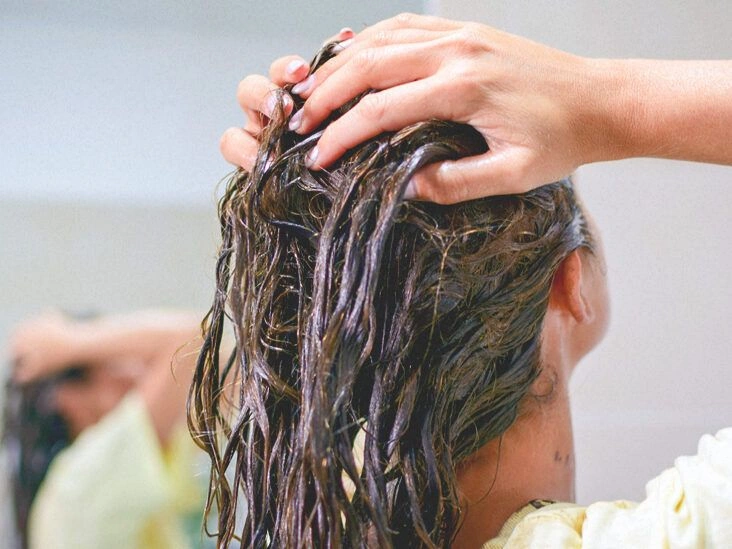
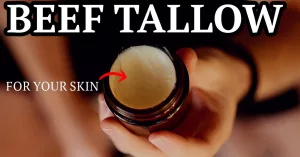
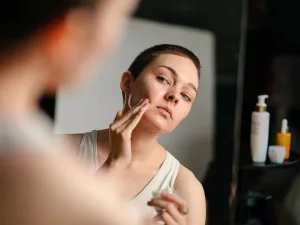
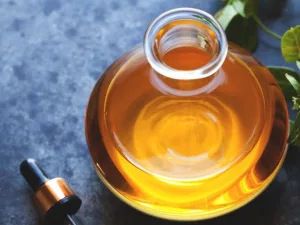
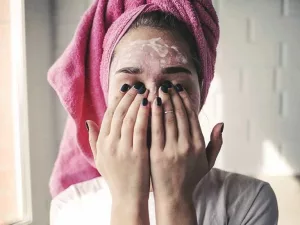
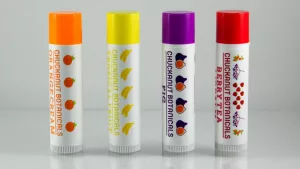



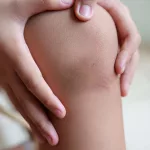




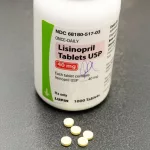








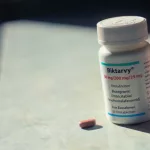
Leave a Reply
You must be logged in to post a comment.